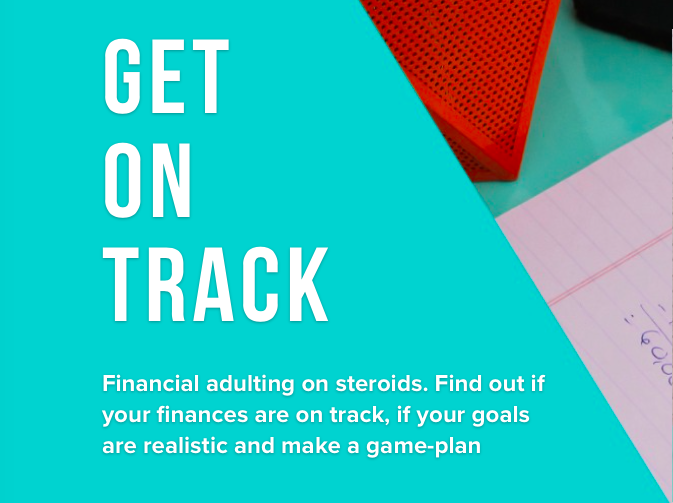Getting your first credit card as a college or university student can be almost as exciting as getting your first car. While you won’t be smooching at the drive-in or going on a road trip, you can pay for dinner on a date and charge a flight, so kinda of the same thing!
This is an amazing opportunity to begin a fiscally responsible life.
Making late payments or defaulting on your debt can cause serious trouble for your credit score. But if you play this right you can build up a credit score that will make lenders feel comfortable lending you larger amounts in the future (like for a mortgage).
How you ask?
5 tips on how to build good credit score as a student:
1. Choose the right credit card
Credit card companies are going to throw themselves at you constantly, and while the attention might be nice: DO NOT BE SEDUCED. Even if you get 10% off your purchase by signing up for a store card DO NOT PASS GO.
You want at most one or two credit cards (for an emergency). Any more than that can affect your credit score OR tempt you to spend more, which we do not want.
Compare cards before you sign up for anything. Avoid annual fees since your spending is unlikely to be high enough at this stage to make it worth it. Reward cards may seem tempting, but they have a dark side: they can encourage you to spend more, or to shop at specific places that have higher overall prices, just to get points. Even ONE month with interest can wipe out an entire years worth of rewards!
If you do decide to choose a reward card, find one that’s flexible and gives you something you’re going to buy anyway, like groceries.
2. Spend like you’ll have to pay it back
Having access to credit doesn’t mean you have to use it. Anything you use credit to buy you’ll have to pay back, and sometimes with interest. Present You might want to go on a reading week vacation to Cuba, but Future You will be paying the consequences.
Here’s an example:
You spend $1000 on a credit card at 19.9% interest. You don’t actually have $1000, so you just pay the minimum payment of $22. SO EASY! Except you’ll be paying that off for more than SEVEN years. And by the time your done paying, that all inclusive Cuba vacation wasn’t $1000…it was $1875 — almost double!
3. Spend less than you earn
You should be using your credit card to establish to lenders that you can handle credit, not as a way to spend more money than you actually have. Create and stick to a budget for yourself.
4. Pay it off on-time
The WORST thing you can do to your credit score is be late on payments or skip a payment entirely. Avoid like the plague. Pay at least the minimum, but ideally the entire balance.
5. Don’t max-out your card
Besides payment history, your credit score is based on how maxed-out you are. If you have 3 cards and a student loan and are close to the limit on all of them, it doesn’t look good. Try to keep your balances below 50% of your limit.
Need more help in managing your money? Check out our fantabulous course Get On Track.
Get On Track is financial adulting on steroids. Find out if you’re on track with your finances for your age and income and if your goals are achievable within the time frame you want and realistic for your savings! You’ll set goals, prioritize them in a financially responsible way (I know I know.. boring) and get on a realistic budget to move your finances forward. Don’t worry – there’s definitely room for fun and vacations. This may just be the best thing that ever happened to your personal finances.



Recent Comments